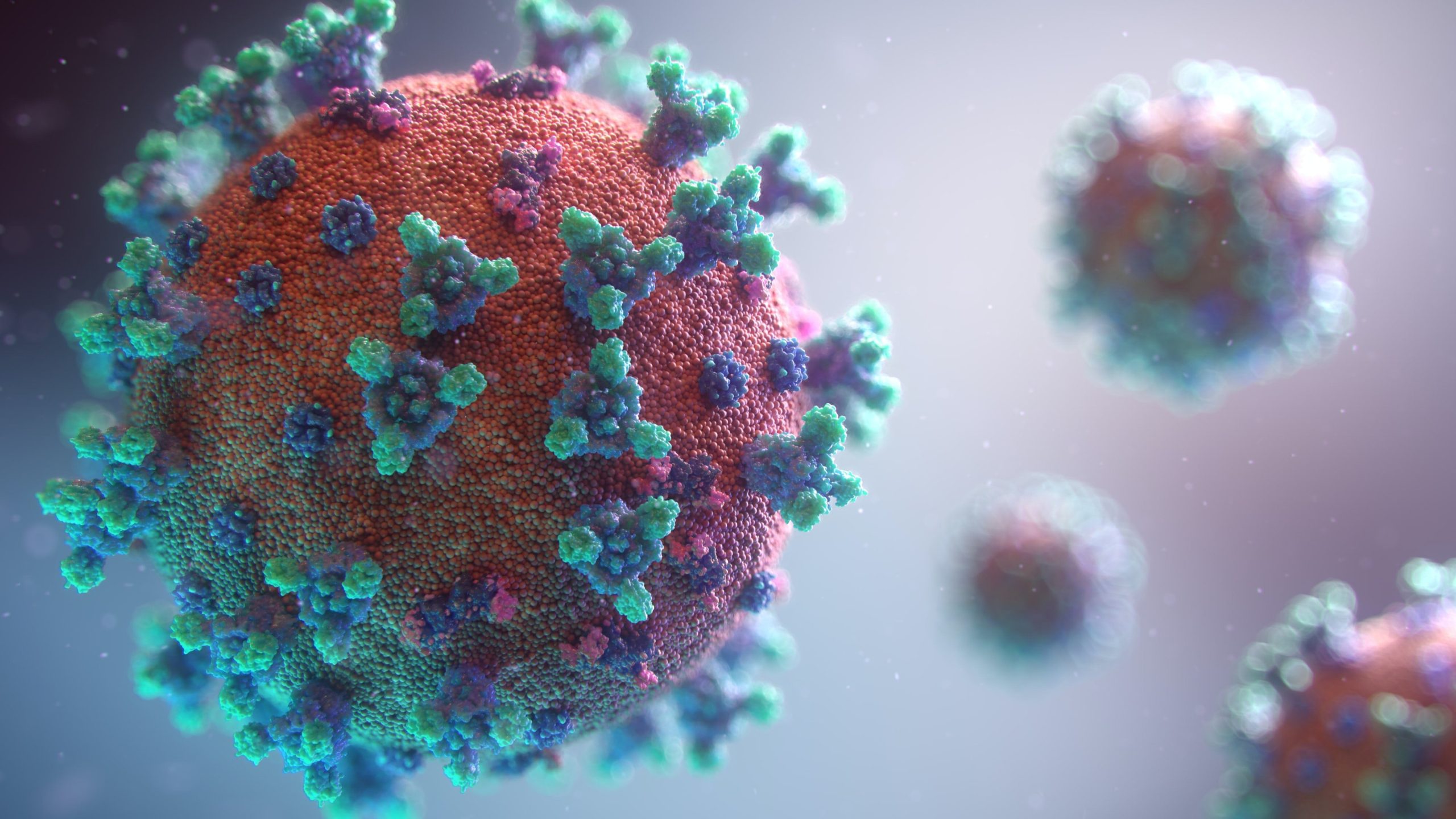It is becoming increasingly evident that the food we eat can have a significant impact on our mental health and overall well-being. Research has shown a strong link between diet and various mental health conditions, including depression, anxiety, and even schizophrenia. Adopting a nutritious and balanced diet can play a crucial role in improving our mood and promoting positive mental health.
- Essential Nutrients for Mental Health: Certain nutrients have been found to have a direct impact on brain function and the production of neurotransmitters, which are essential for regulating mood. These include:
- Omega-3 fatty acids: Found in fatty fish, flaxseeds, and walnuts, omega-3 fatty acids are known to reduce symptoms of depression and anxiety.
- B vitamins: Foods like whole grains, leafy greens, and legumes provide B vitamins, which are necessary for optimal brain function and the production of serotonin, a neurotransmitter that promotes feelings of well-being.
- Antioxidants: Fruits and vegetables rich in antioxidants, such as berries, spinach, and kale, can help reduce oxidative stress and inflammation in the brain, which are linked to mental health disorders.
- Gut-Brain Connection: The gut and the brain are intricately connected through the gut-brain axis. The health of our gut microbiota, which comprises trillions of microorganisms living in our digestive system, can influence our mental health. A diet high in fiber, found in whole grains, fruits, and vegetables, promotes a diverse and healthy gut microbiome, which in turn supports optimal brain function and mood regulation.
- Blood Sugar Balance: Fluctuations in blood sugar levels can affect our mood and energy levels. Consuming a diet rich in refined carbohydrates, sugary foods, and processed snacks can lead to blood sugar spikes and crashes, resulting in mood swings, irritability, and fatigue. Choosing complex carbohydrates like whole grains, paired with protein and healthy fats, helps stabilize blood sugar levels and provides a steady release of energy, promoting a more stable mood.
- Inflammation and Mental Health: Chronic inflammation in the body has been associated with an increased risk of mental health disorders. A diet high in processed foods, trans fats, and sugar can promote inflammation, while a diet rich in fruits, vegetables, whole grains, and healthy fats has an anti-inflammatory effect. By reducing inflammation, we can help support better mental health.
- The Impact of Food Choices: In addition to consuming beneficial nutrients, it is essential to be mindful of overall food choices. Emotional eating, relying on processed or comfort foods, and skipping meals can all negatively impact our mental health. Building a healthy relationship with food, practicing mindful eating, and incorporating a wide variety of nutrient-dense foods into our diet can have a positive effect on our mood and well-being.
While diet alone cannot replace professional treatment for mental health conditions, it can be an important complementary strategy. If you are struggling with mental health issues, it is crucial to consult with a healthcare professional or a registered dietitian who can provide personalized guidance and support.
In conclusion, adopting a balanced diet that includes nutrient-rich foods, supports gut health, balances blood sugar levels, reduces inflammation, and promotes overall well-being can have a significant impact on our mental health. By nourishing our bodies with the right nutrients, we can enhance our mood, reduce the risk of mental health disorders, and improve our overall quality of life.










